Sofia Aldinio
Visual Journalist + Storyteller
Disrespect and violence against women during the childbirth process in the hands of healthcare professionals have become so normalized and insidious that most professionals are completely unaware that their actions leave a long-term imprint of trauma on their patients. Procedures without the consent of the mother, verbal abuse, unnecessary C-sections, and episiotomies are just a few examples of abusive treatment that impacts mothers and babies.
Invisible Violence is a mixed-media conceptual documentary work that highlights my personal scars and emotional journey, as well as the journey of my close friends in the US who are continuing to suffer trauma from unnecessary and invasive procedures by modern healthcare practices. Using collaborative practices, the protagonists create drawings to heal their traumas.
A recent study reported that one in six women has experienced maternal mistreatment from invasive practices. Obstetric violence is a human rights issue on a worldwide scale, yet it remains a relatively taboo subject. As a documentary photographer, mother of two boys, and a friend to dozens of mothers in my worldwide community, it became clear in my conversations with them that I needed to tell this story. My methodology combines traditional documentary techniques with an exploratory approach. I make self-portraits and document fractions of my daily life that evoked the trauma. In revisiting hospitals and exploring the objects medical providers use for birth, I hope to start a conversation on how these can be used and used.
I aim to visually engage the viewer on the emotional journey that we women go through when unnecessary practices are forced on us by healthcare providers, imparting unresolved trauma on the mothers held in their care.
Invisible Violence is a mixed-media conceptual documentary work that highlights my personal scars and emotional journey, as well as the journey of my close friends in the US who are continuing to suffer trauma from unnecessary and invasive procedures by modern healthcare practices. Using collaborative practices, the protagonists create drawings to heal their traumas.
A recent study reported that one in six women has experienced maternal mistreatment from invasive practices. Obstetric violence is a human rights issue on a worldwide scale, yet it remains a relatively taboo subject. As a documentary photographer, mother of two boys, and a friend to dozens of mothers in my worldwide community, it became clear in my conversations with them that I needed to tell this story. My methodology combines traditional documentary techniques with an exploratory approach. I make self-portraits and document fractions of my daily life that evoked the trauma. In revisiting hospitals and exploring the objects medical providers use for birth, I hope to start a conversation on how these can be used and used.
I aim to visually engage the viewer on the emotional journey that we women go through when unnecessary practices are forced on us by healthcare providers, imparting unresolved trauma on the mothers held in their care.
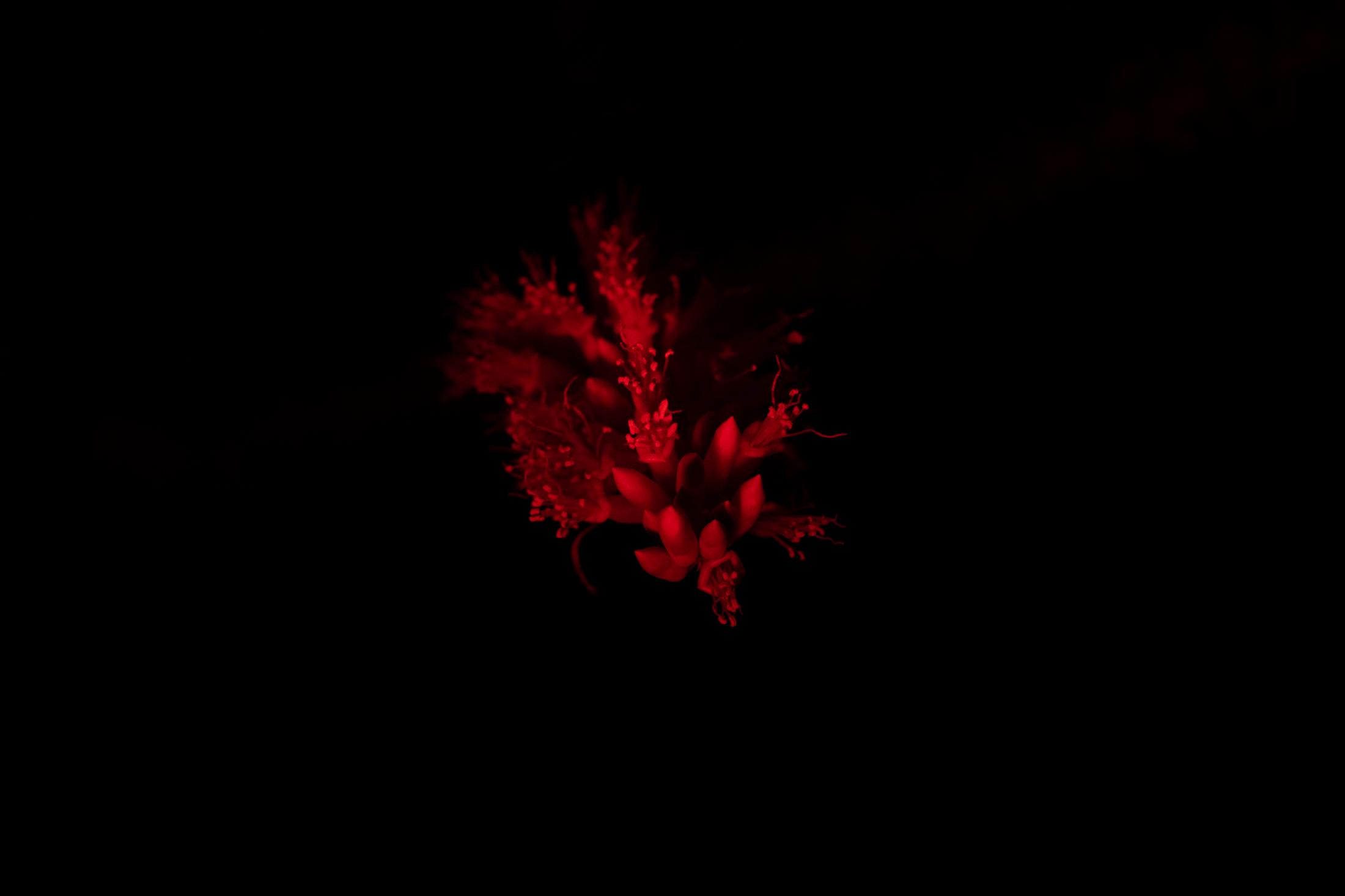
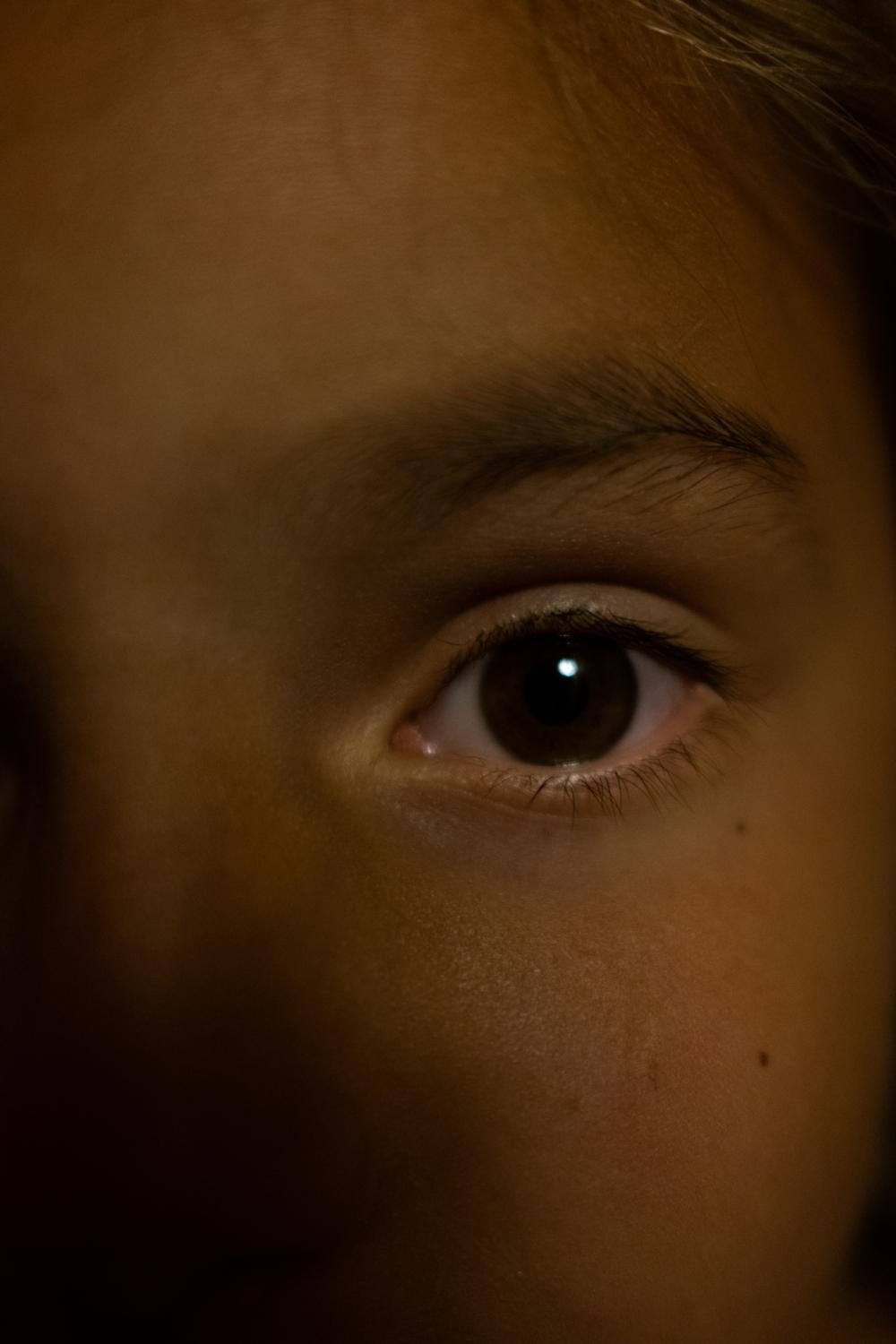
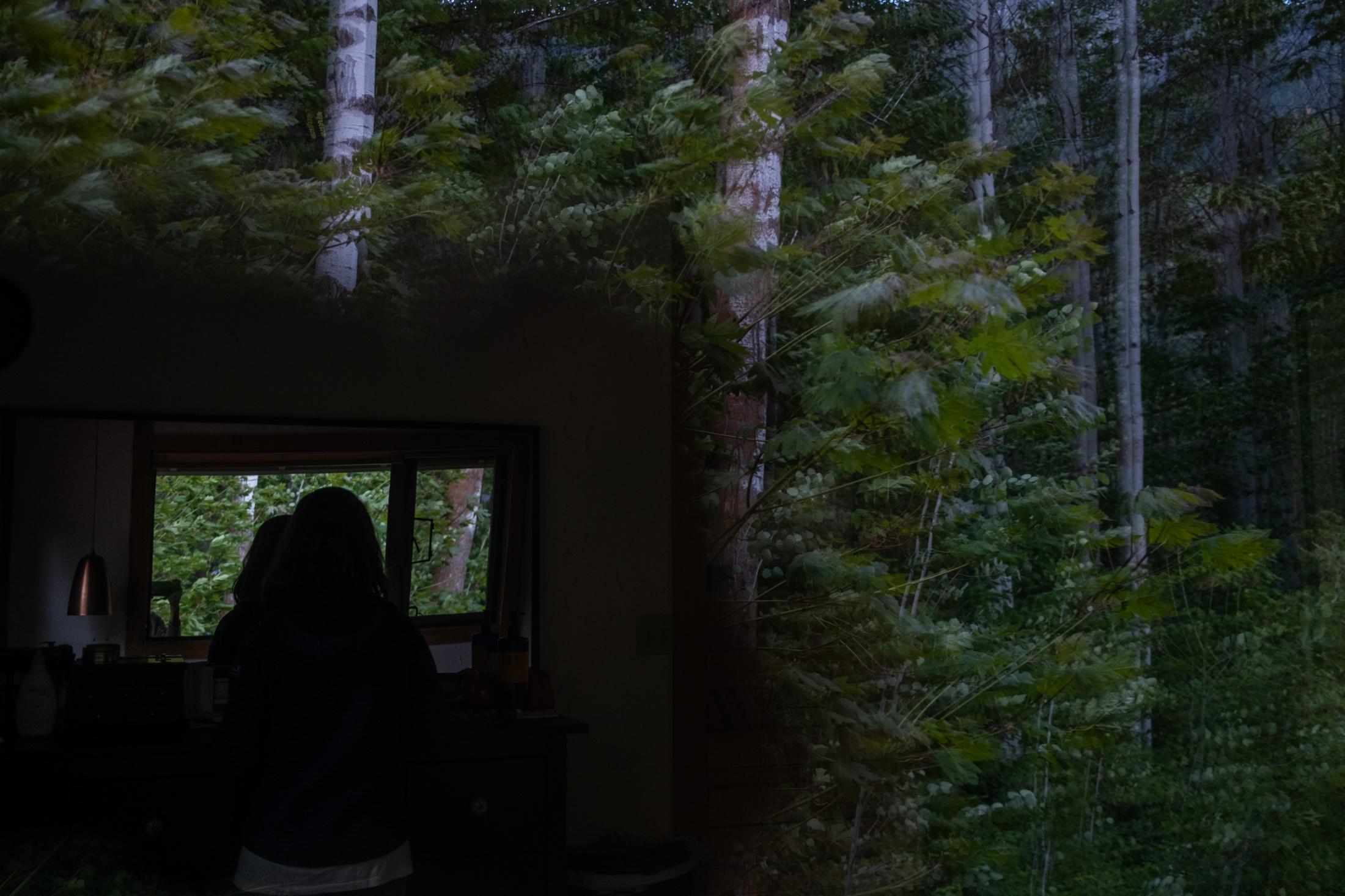
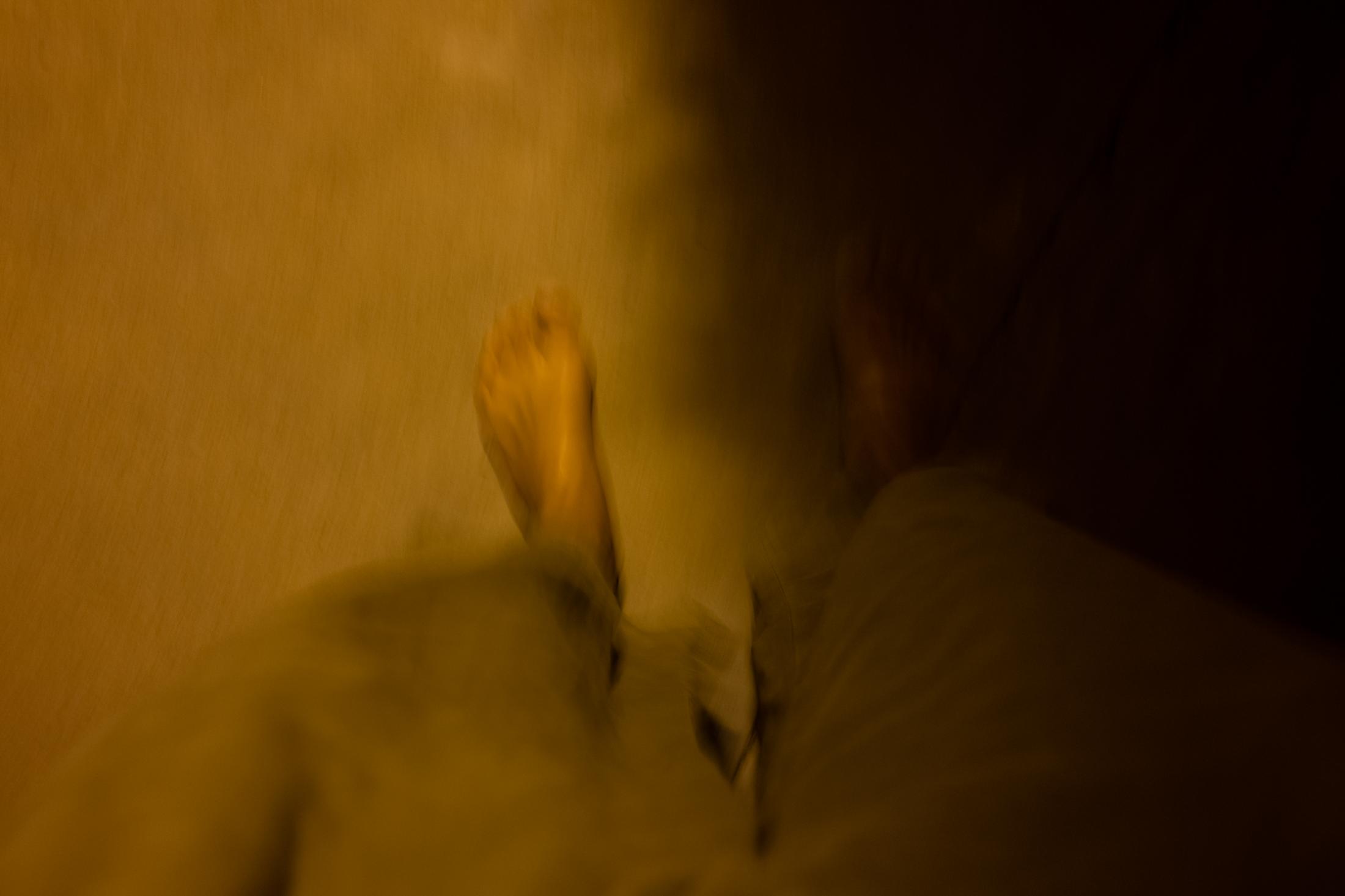
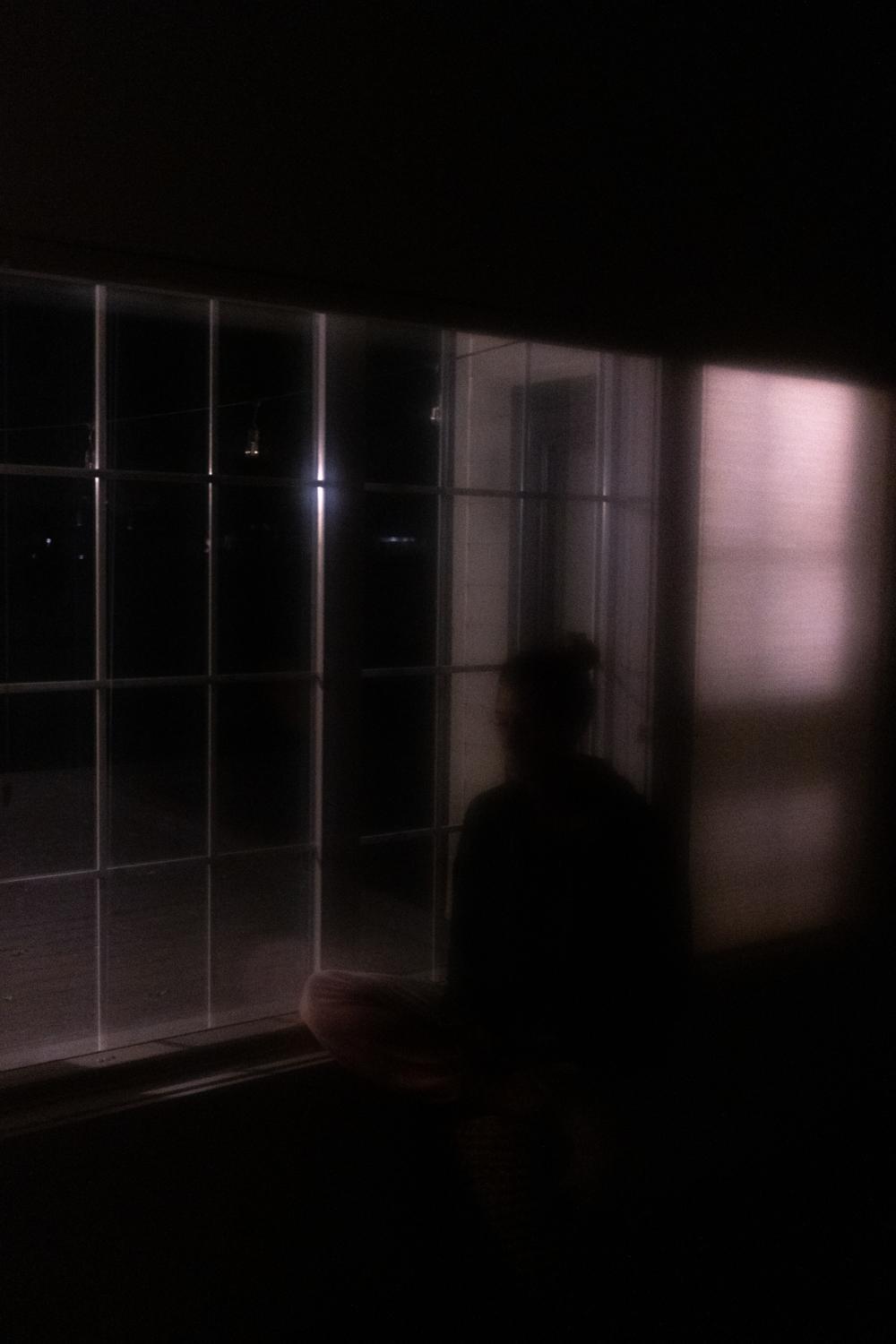
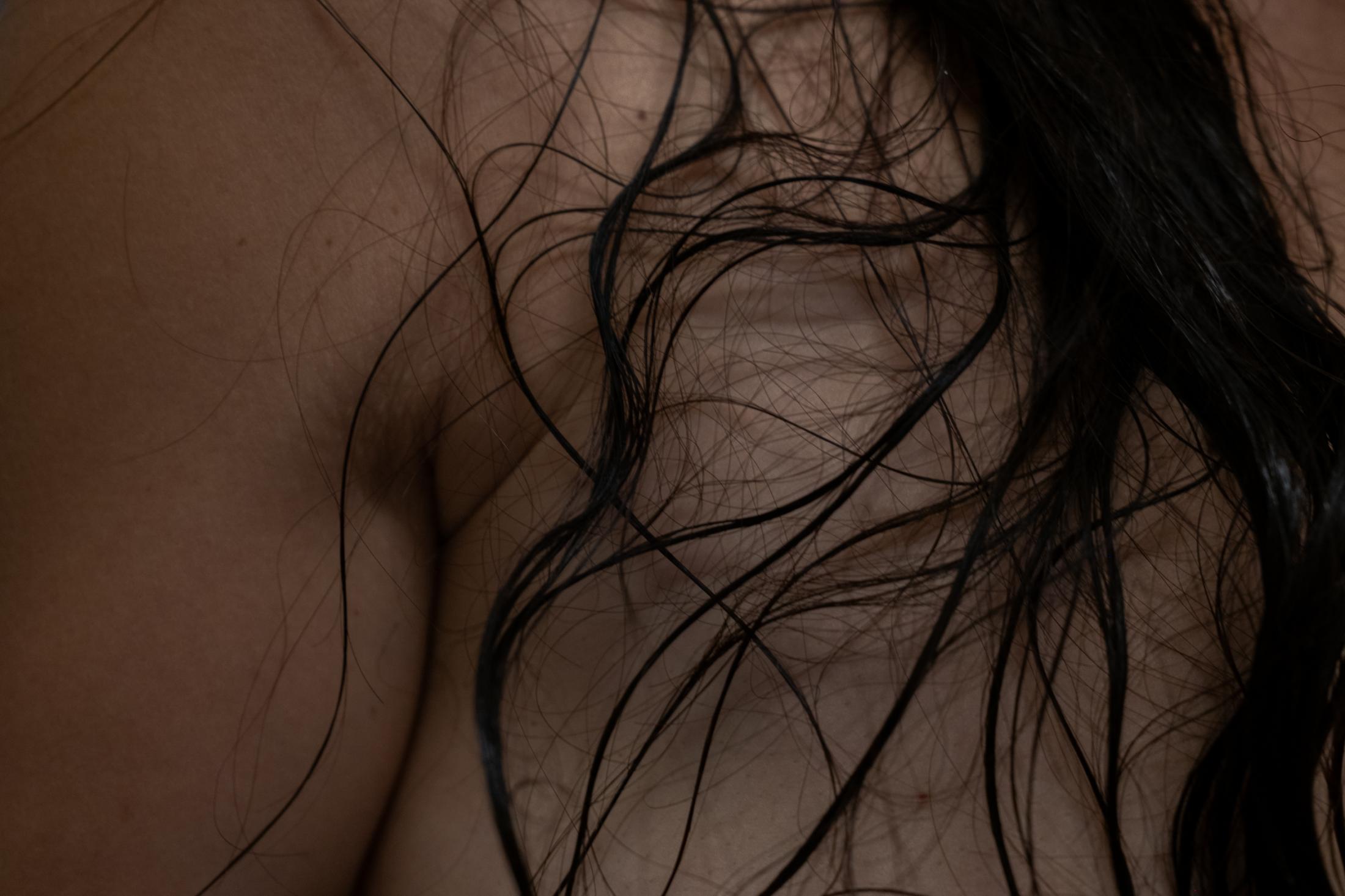
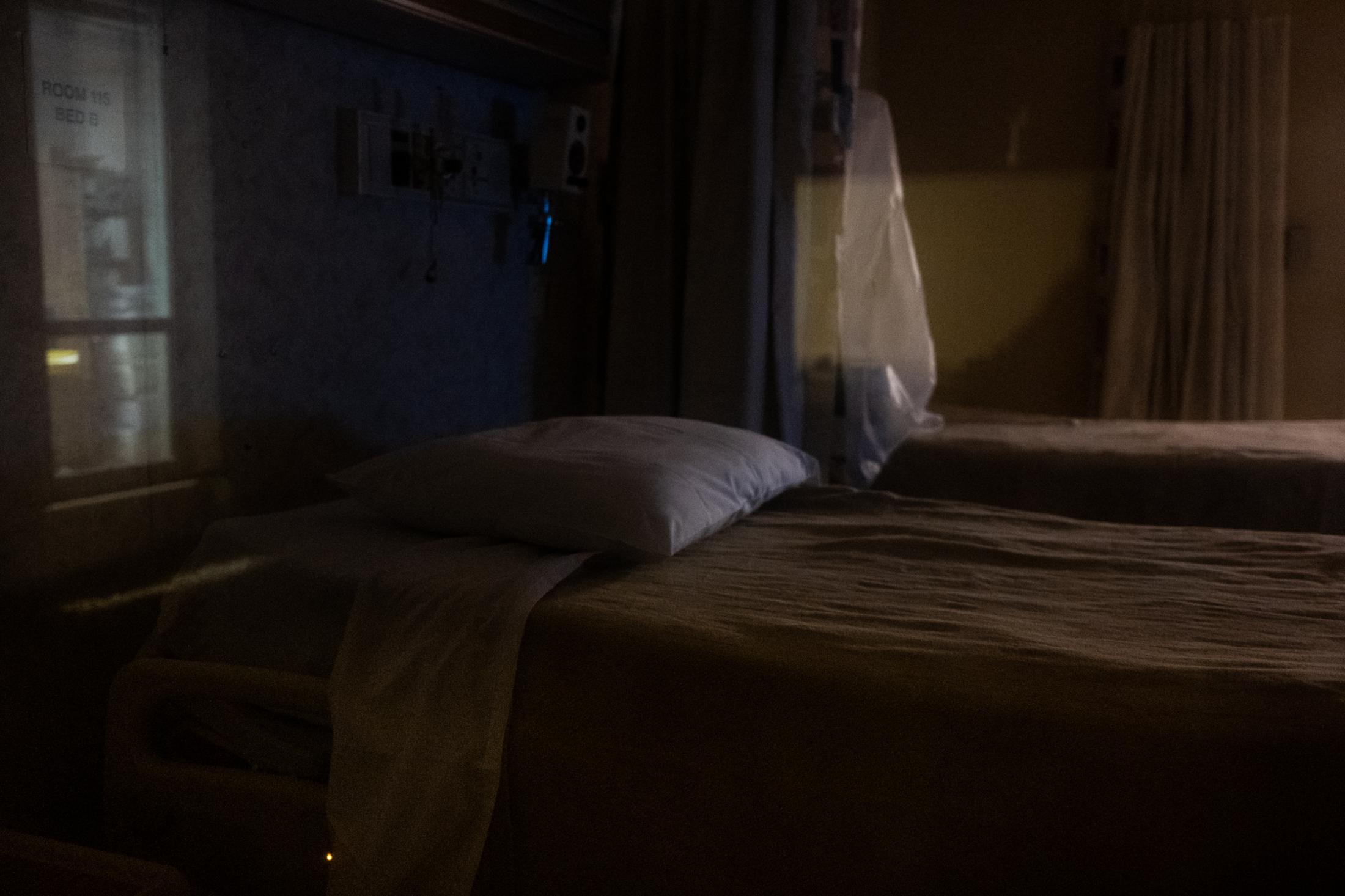
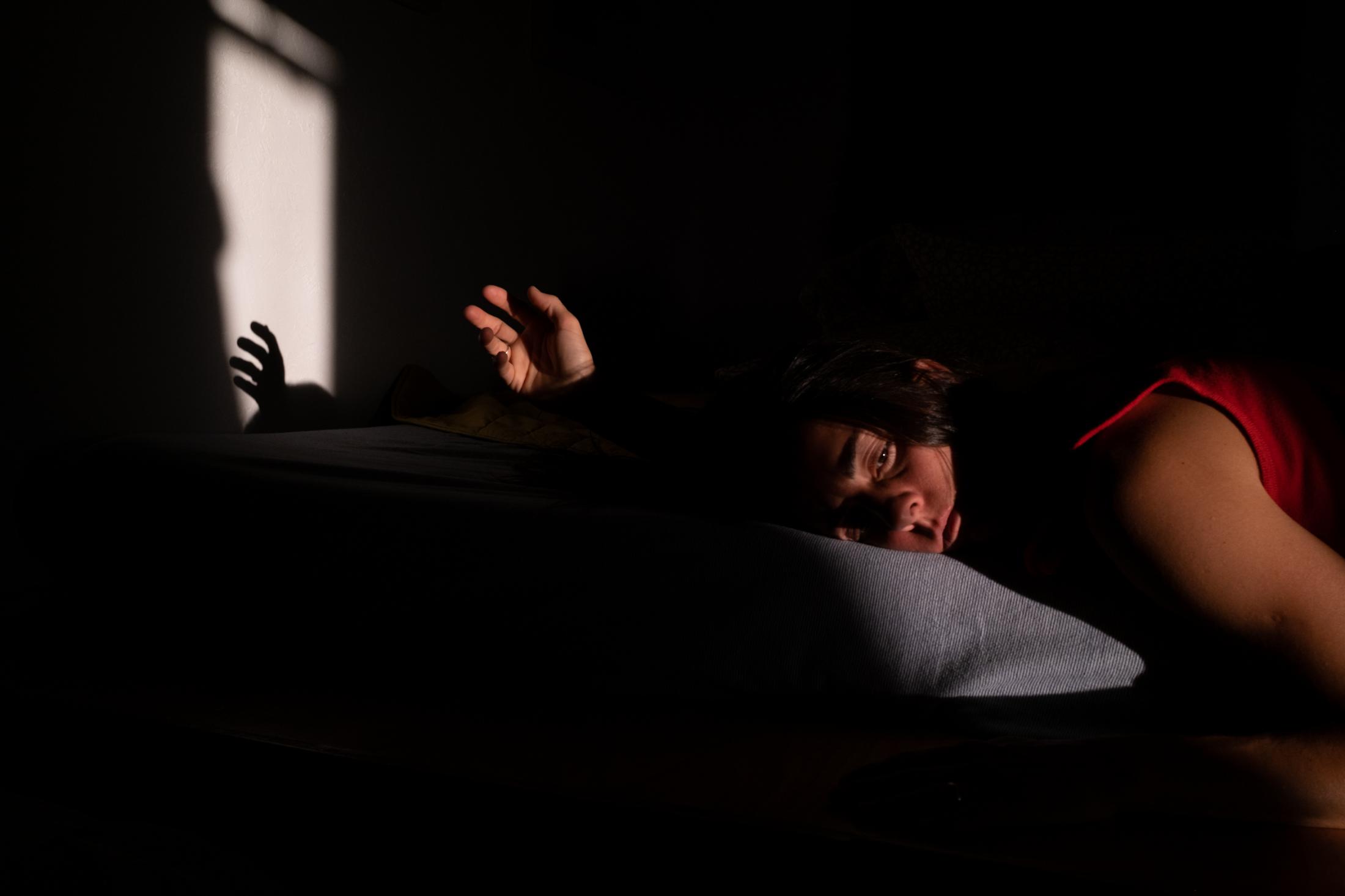
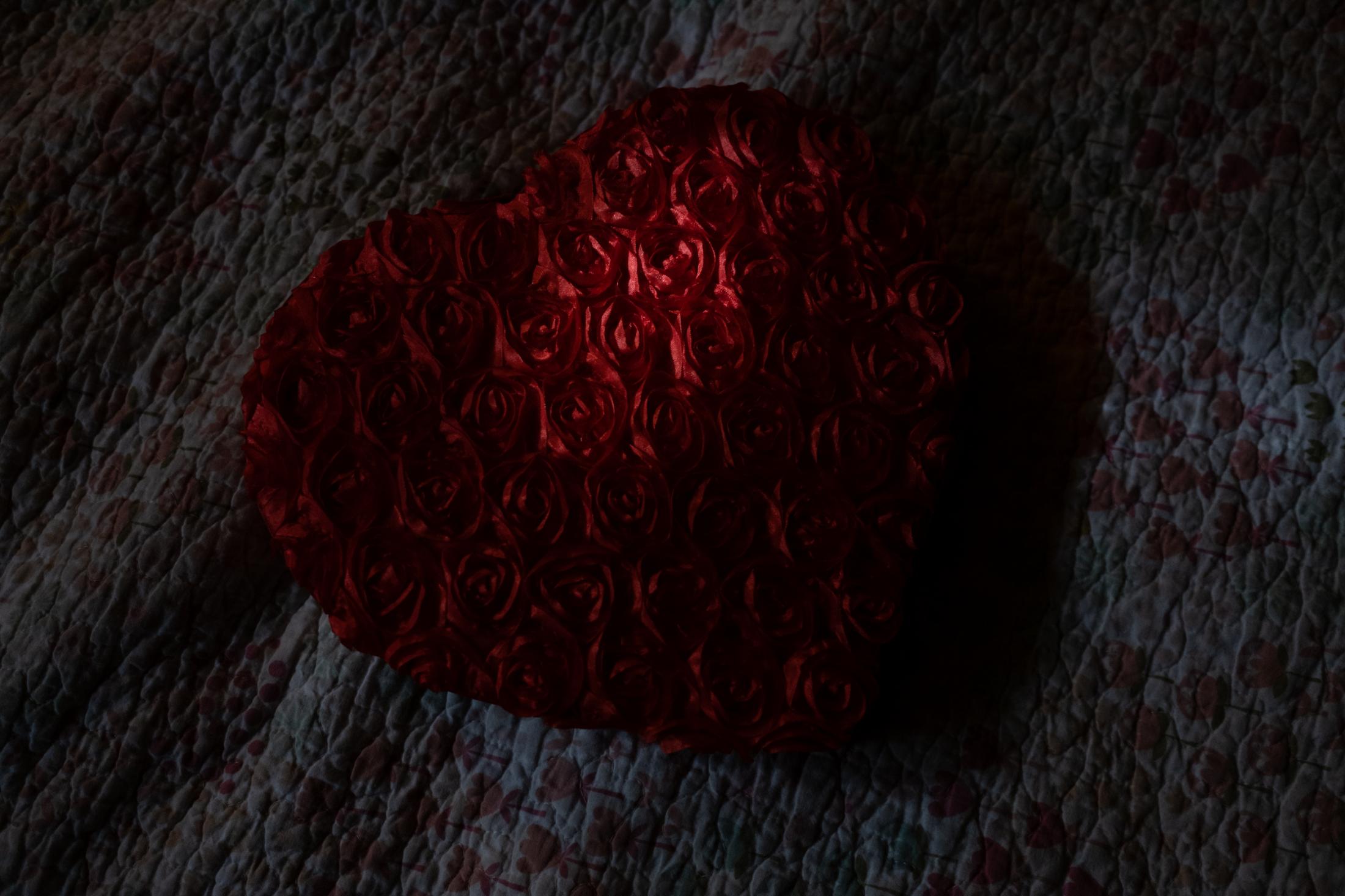
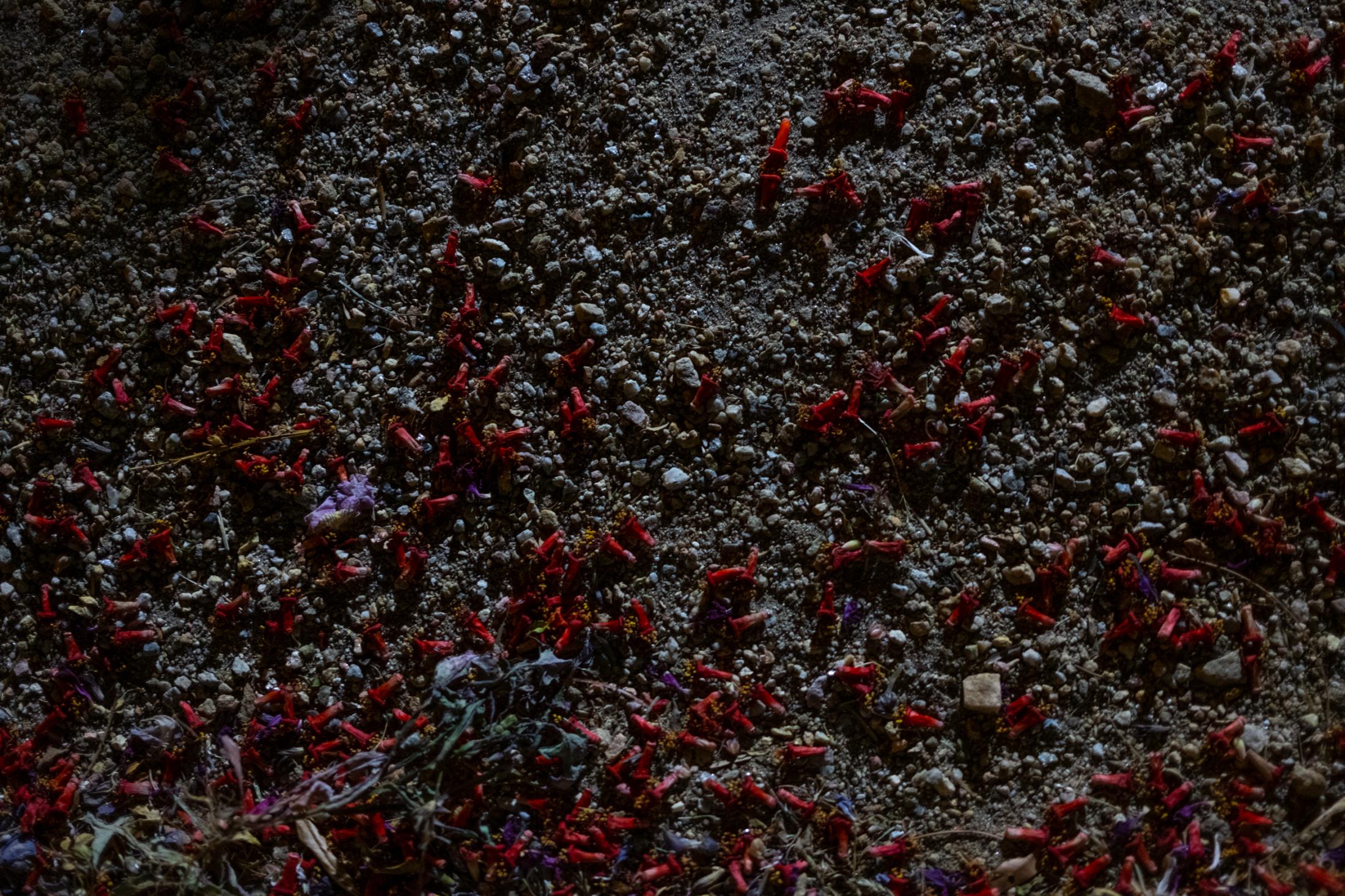
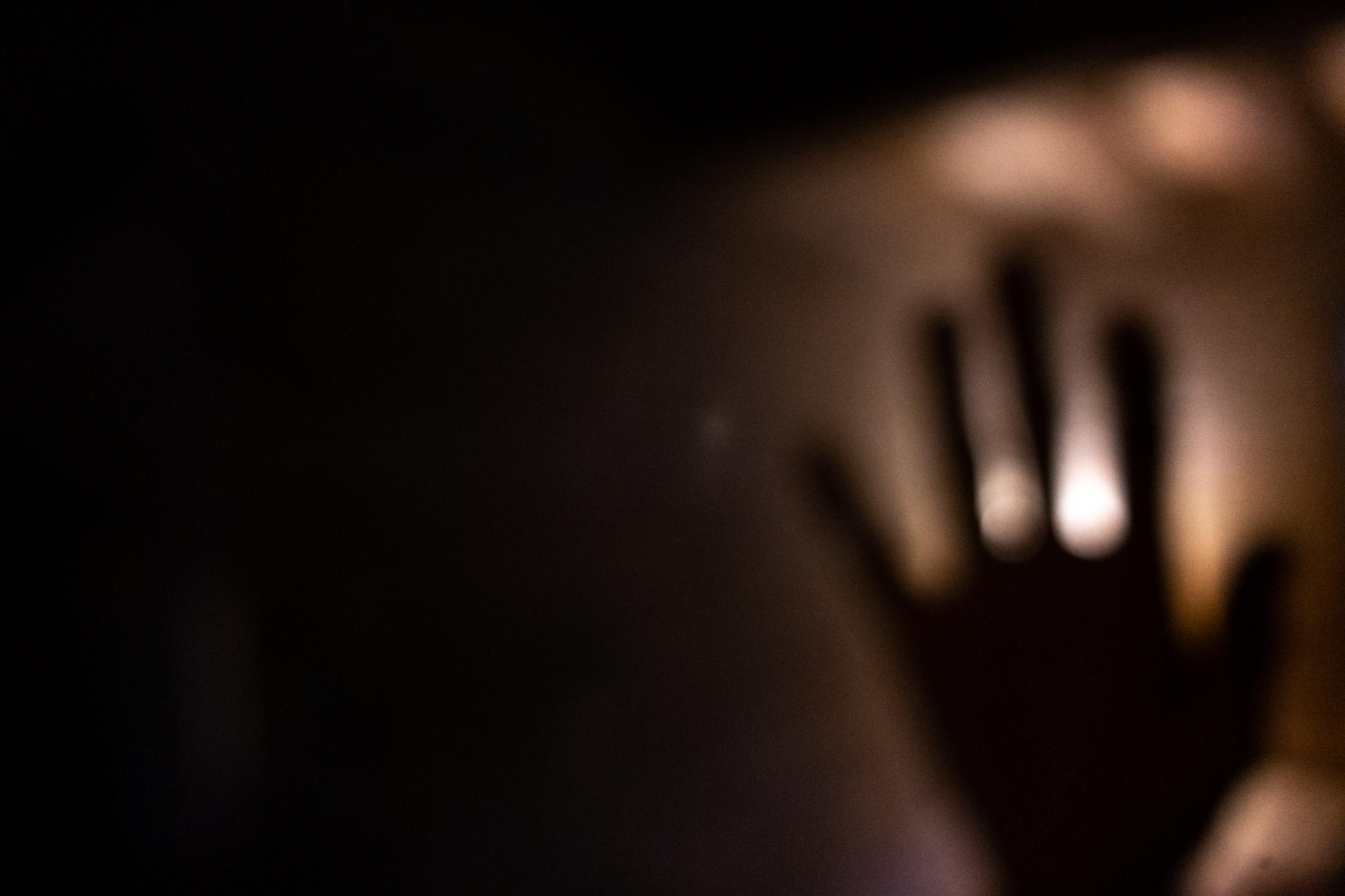
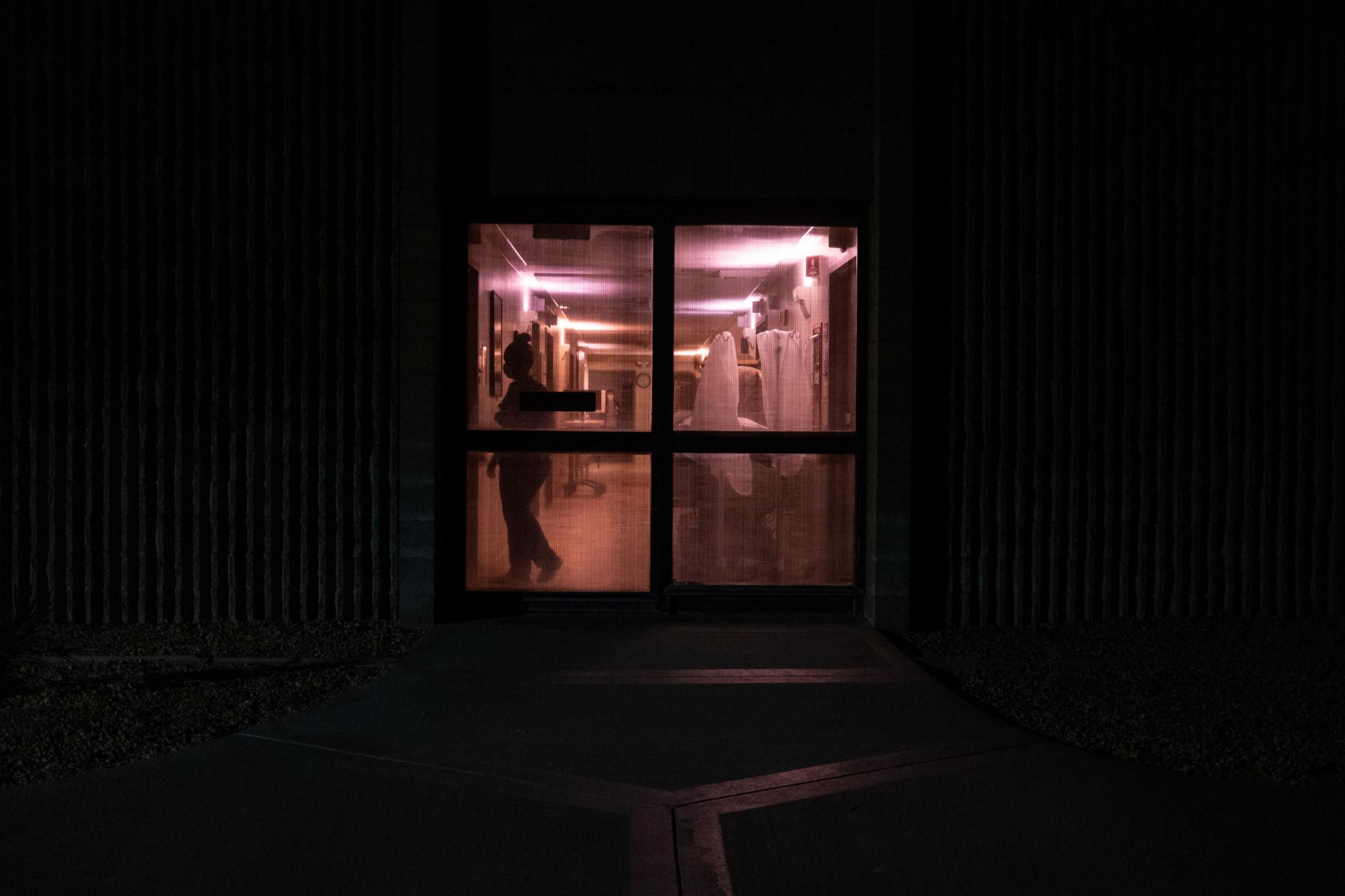

Using collaborative practices, the protagonists create drawings to heal their traumas.
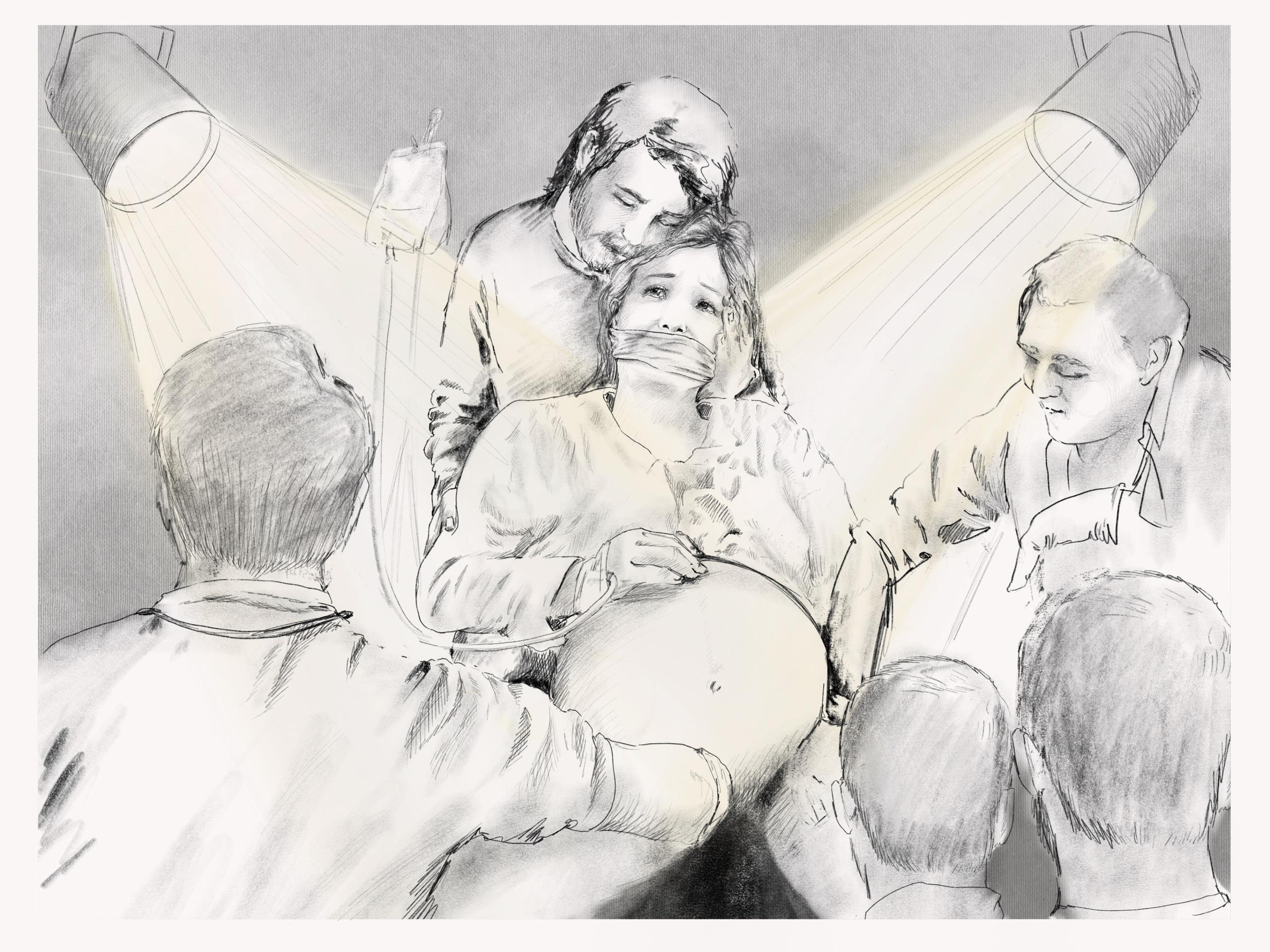
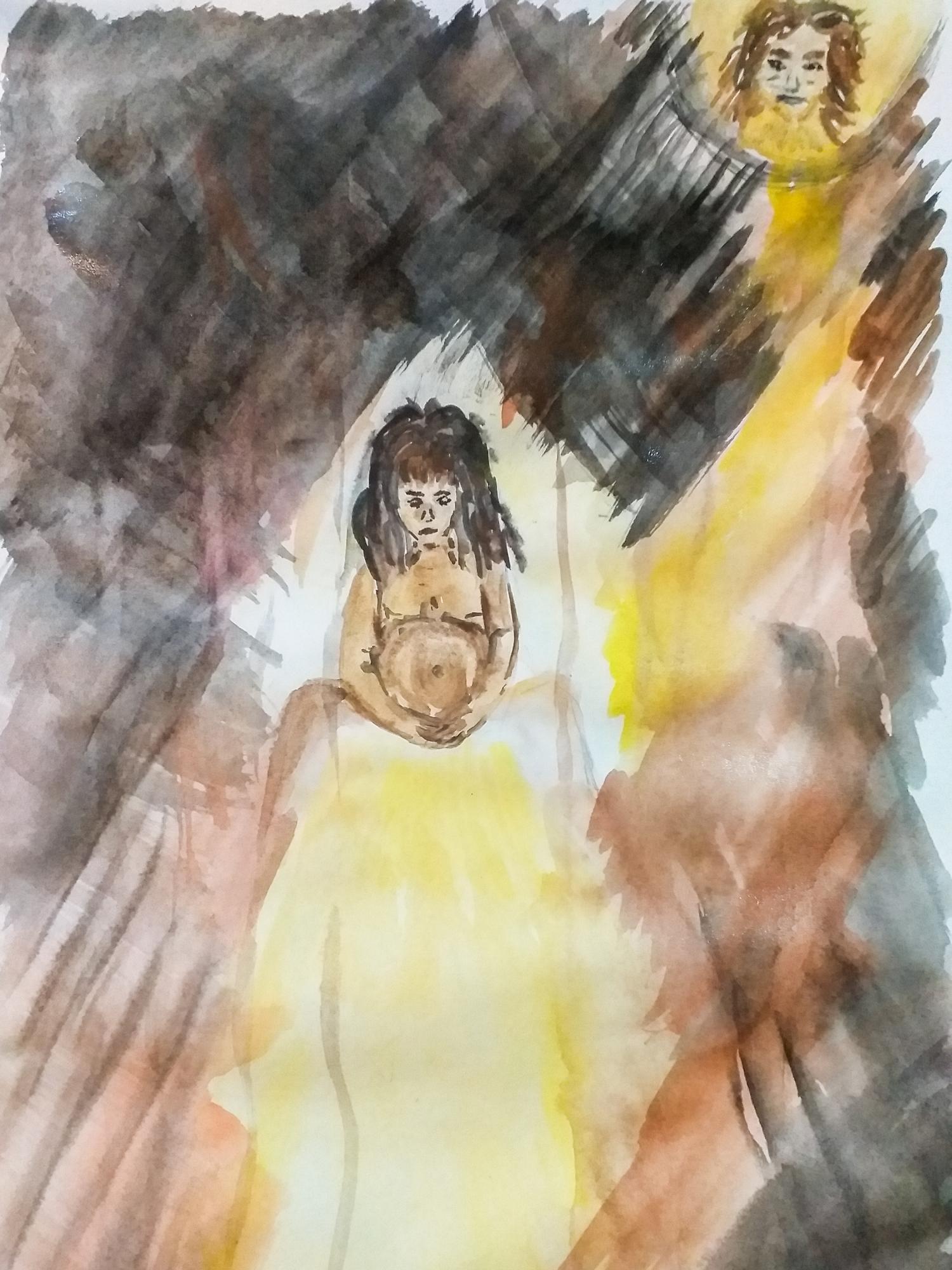
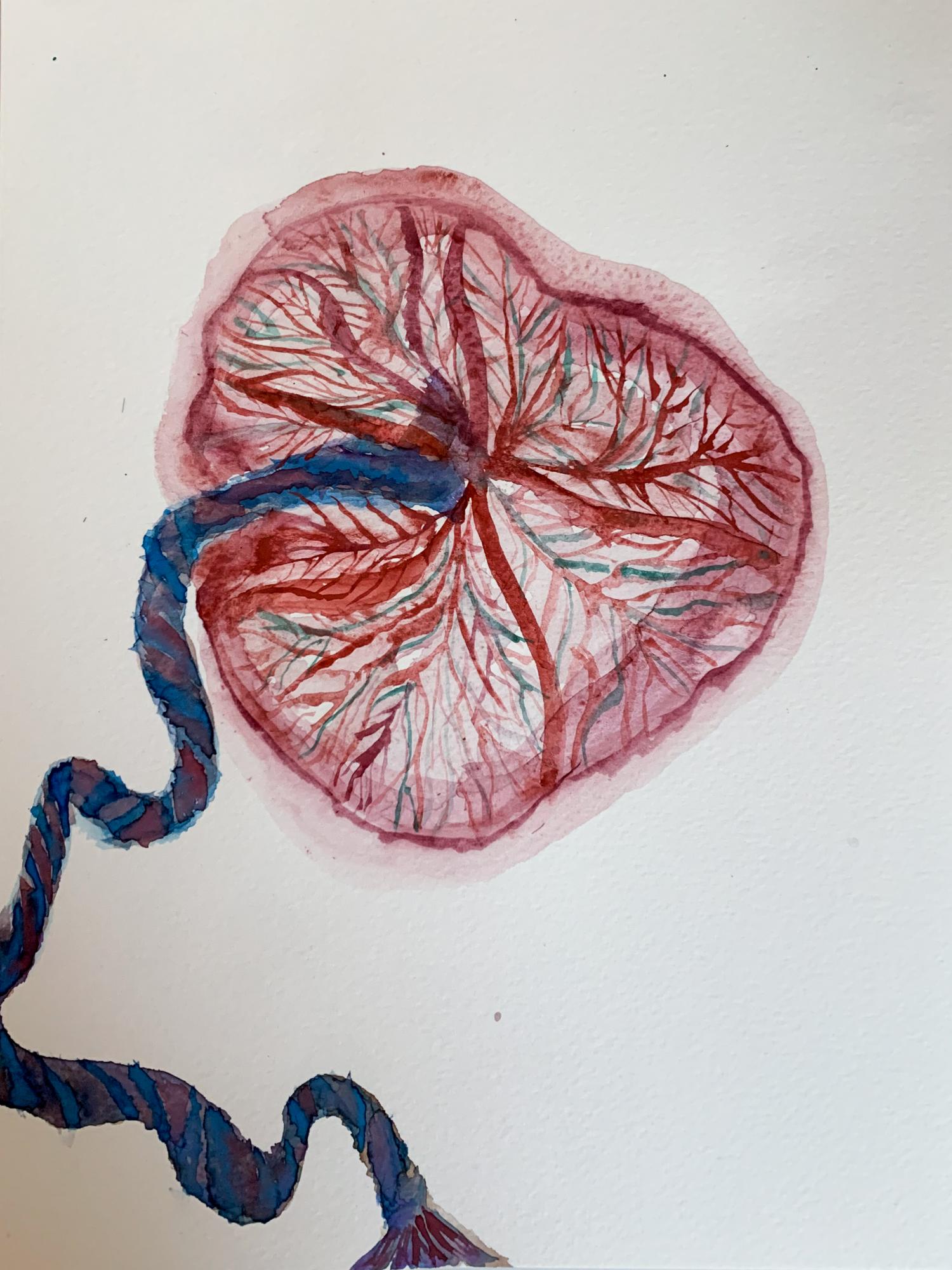
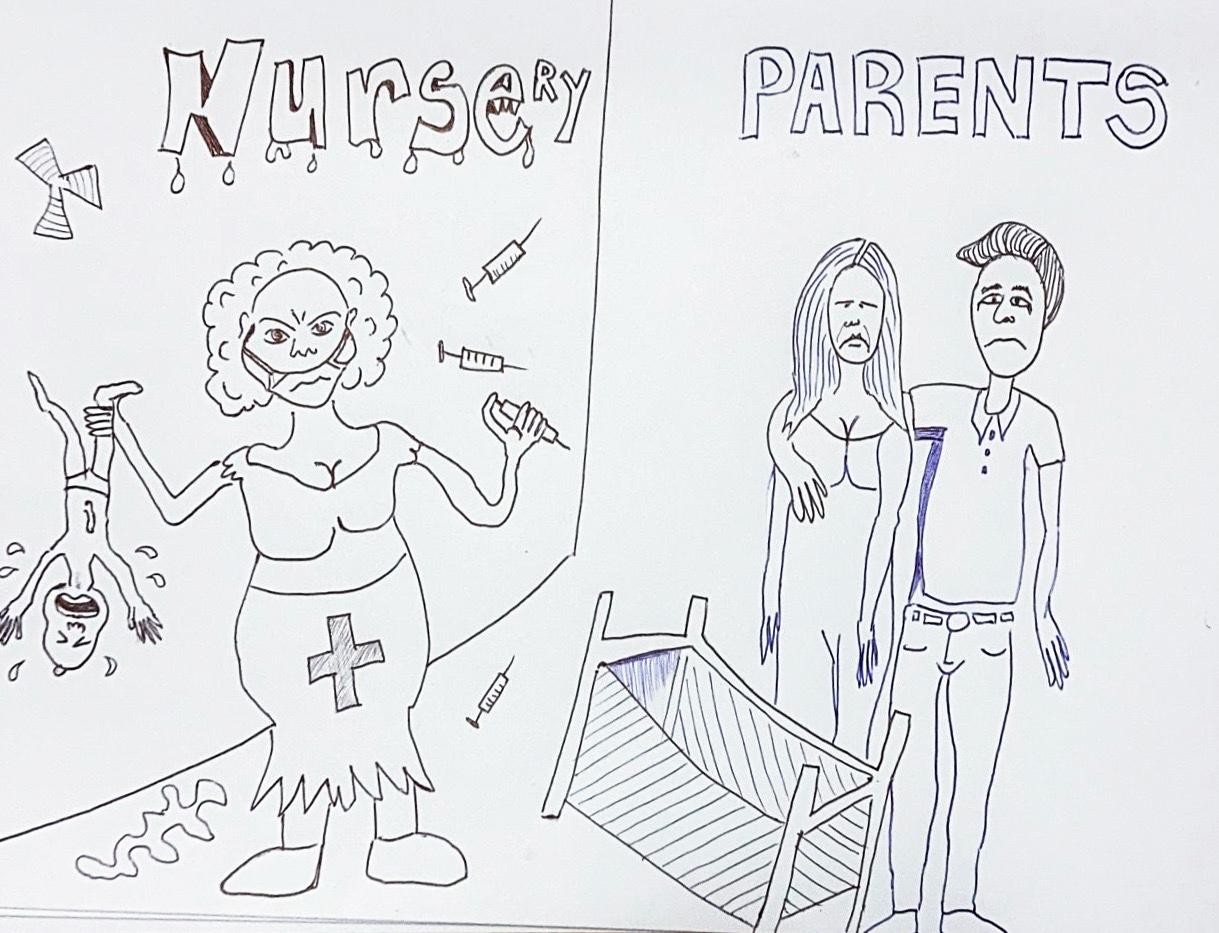
Disrespect and violence against women during the childbirth process in the hands of healthcare professionals have become so normalized and insidious that most professionals are completely unaware that their actions leave a long-term imprint of trauma on their patients. Procedures without the consent of the mother, verbal abuse, unnecessary C-sections, and episiotomies are just a few examples of abusive treatment that impacts mothers and babies.
Invisible Violence is a mixed-media conceptual documentary work that highlights my personal scars and emotional journey, as well as the journey of my close friends in the US who are continuing to suffer trauma from unnecessary and invasive procedures by modern healthcare practices. Using collaborative practices, the protagonists create drawings to heal their traumas.
A recent study reported that one in six women has experienced maternal mistreatment from invasive practices. Obstetric violence is a human rights issue on a worldwide scale, yet it remains a relatively taboo subject. As a documentary photographer, mother of two boys, and a friend to dozens of mothers in my worldwide community, it became clear in my conversations with them that I needed to tell this story. My methodology combines traditional documentary techniques with an exploratory approach. I make self-portraits and document fractions of my daily life that evoked the trauma. In revisiting hospitals and exploring the objects medical providers use for birth, I hope to start a conversation on how these can be used and used.
I aim to visually engage the viewer on the emotional journey that we women go through when unnecessary practices are forced on us by healthcare providers, imparting unresolved trauma on the mothers held in their care.
Invisible Violence is a mixed-media conceptual documentary work that highlights my personal scars and emotional journey, as well as the journey of my close friends in the US who are continuing to suffer trauma from unnecessary and invasive procedures by modern healthcare practices. Using collaborative practices, the protagonists create drawings to heal their traumas.
A recent study reported that one in six women has experienced maternal mistreatment from invasive practices. Obstetric violence is a human rights issue on a worldwide scale, yet it remains a relatively taboo subject. As a documentary photographer, mother of two boys, and a friend to dozens of mothers in my worldwide community, it became clear in my conversations with them that I needed to tell this story. My methodology combines traditional documentary techniques with an exploratory approach. I make self-portraits and document fractions of my daily life that evoked the trauma. In revisiting hospitals and exploring the objects medical providers use for birth, I hope to start a conversation on how these can be used and used.
I aim to visually engage the viewer on the emotional journey that we women go through when unnecessary practices are forced on us by healthcare providers, imparting unresolved trauma on the mothers held in their care.













Using collaborative practices, the protagonists create drawings to heal their traumas.



